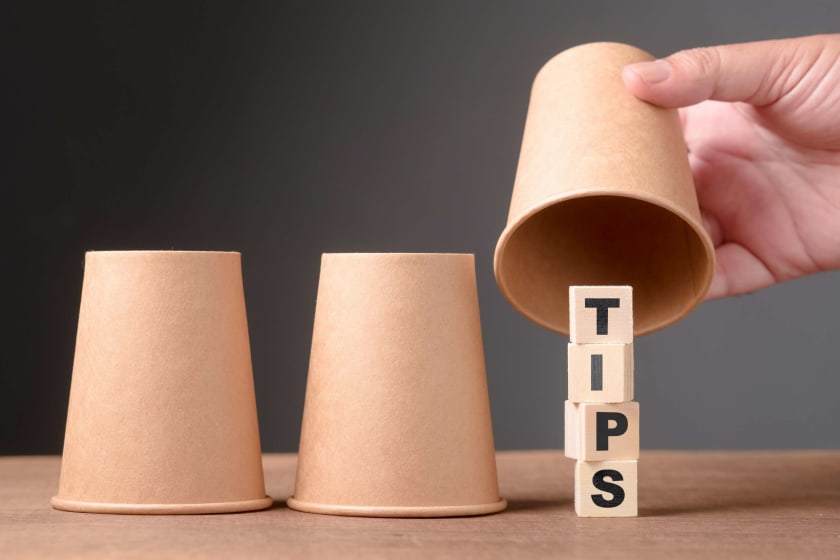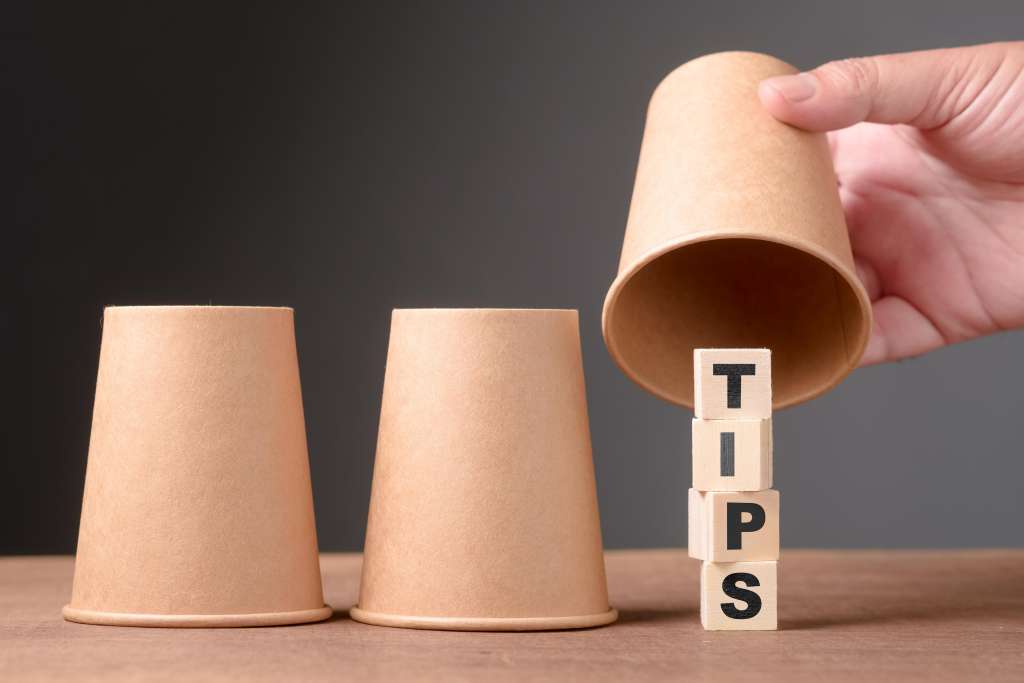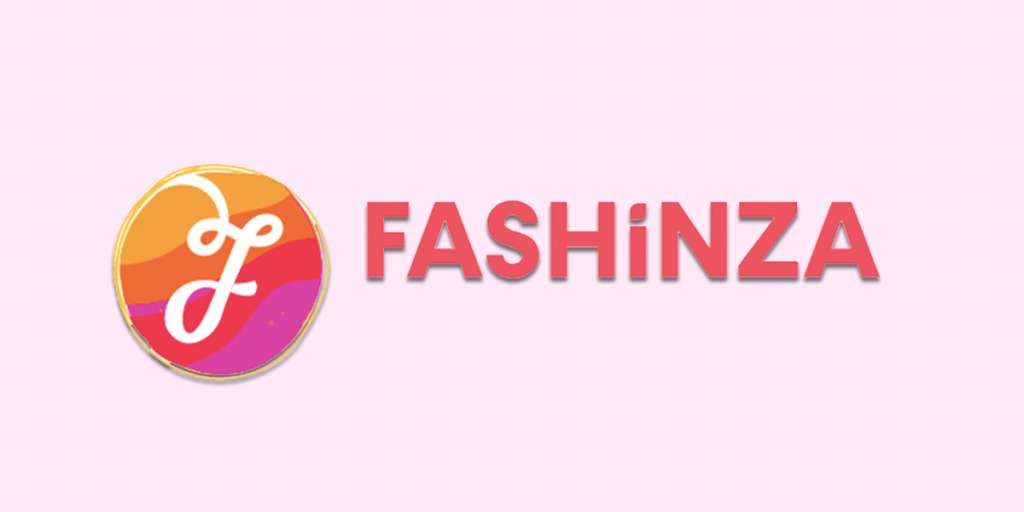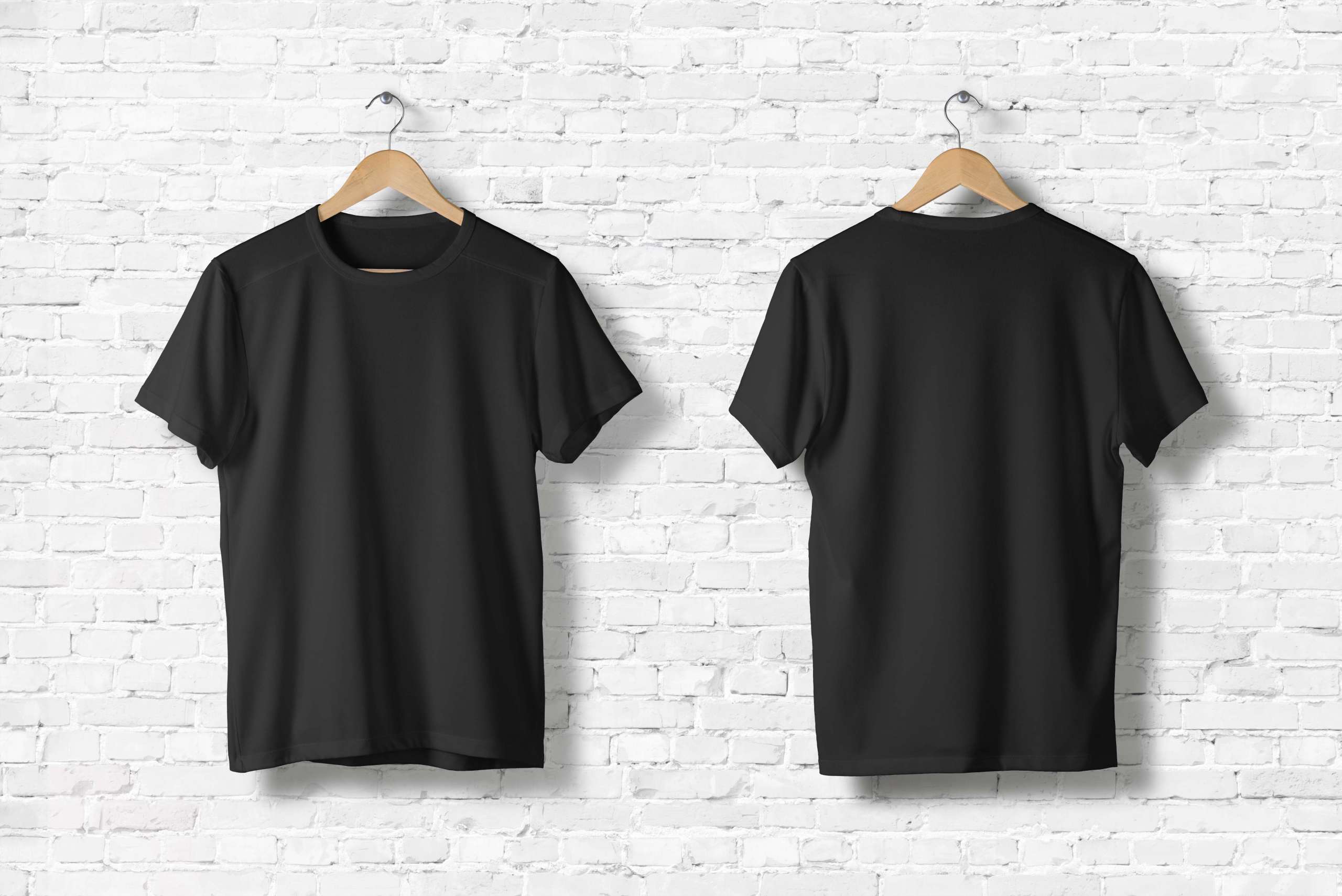Merchandising Tips To Improve The Aesthetic Appeal Of Your Planograms



Introduction
Consumers always have a soft corner for the visuals and aesthetics of a storefront. Many consumers value the look and feel of a store and how it looks on the outside. To increase foot traffic, brick-and-mortar stores should have imaginative and appealing window displays. The success or failure of a retail firm can be determined by merchandise displays.
A planogram is a visual merchandising tool or a diagram that aids in the positioning of products on store displays to increase sales. It not only optimizes the location of the merchandise but also helps to easily monitor the product stock. Moreover, the store's neatness and beauty might also influence consumer interest in purchasing. If the store is cluttered and the products are difficult to find, customers would prefer to shop elsewhere for the items they require.
Visual merchandising can amp up sales to a large extent and contribute greatly to a best-selling product's growth. Due to this, a product can become the best or worst selling. Although many consumers believe that they place quality over quantity and everything else, it always comes down to how it looks. Although visual merchandising can be tedious, it is rewarding because it can help retailers to increase their sales figures.
A store's visual appeal can contribute to a product's sales. If not taken into account properly, retailers' businesses can spiral down and fail. Henceforth, a lot of work should go into the making, stacking, and arranging of products in a storefront. The visual appeal of a store can be a big boost in this world of social media, where everything is all about aesthetics.
To learn more about planogram ideas to maintain a proper visual appeal, let's explore the various dynamics of visual merchandising.
Visual Merchandising: Basics
Visual merchandising is the best and most effective way for a consumer to react and interact with a product. It is one of the most important aspects of a physical store. The colour schemes, visual patterns, and designs associated with a physical store are thoroughly analyzed by consumers when they come to shop on the store premises.
Many processes are involved with visual merchandising. Some of them are organizing and stocking shelves, promotional displays, and tracking the results of merchandising techniques. It is important to understand how visual merchandising works and how important it is for your growth.
Product placement in a business is more than just making sure everything fits within the allotted area. However, product placement must be purposeful to pique consumers' purchasing interest, causing them to tour the store and examine the existing products, as well as to pause and observe products that were not originally on their shopping list.
Visual merchandising is vital in today's fashion retailing sector as it draws customers in and encourages them to buy clothes. The visual merchandising strategies that retailers should keep in mind are:Management of shelf space
The shelf space of the garments must be optimized. This can be done by keeping the shelf space of the products in check. A gap of two fingers should be present between all the products. This will make the shopping experience hassle-free for the shoppers.
The larger or heavier garments should be placed on the last shelf for easy access. If they are of the same colors, they should be segregated so that consumers can access them effortlessly. The color breaks enhance the visual appeal of the store.
Positioning tips
It is essential to position the products at an eye level so potential customers can spot them easily. Garments or clothes placed at customers' eye level are sure to generate maximum sales.
Special collections or house brands should be prime in the store. It can be either placed in the middle of the store or at the front to grab every customer's attention at once.
Placement tips

All the garments and merchandise should be stacked into several categories, sub-categories, segments, and product roles. If there is a discount going on in the store, those products should be given special placement. This will not only visually appeal to the customers but also help attract customers who are price driven and focus more on the product's price rather than just its looks.
The placement of products also involves the use of color differentiation and vertical stacking of similar colored clothes. It develops a color scheme and adds to the aesthetics of the garments.
Allocating product space
The shelves should be stacked in a way that they always look full. Whenever a frame looks full and organized, it makes it all the more visually appealing to the customers. A customer is usually tempted to buy a product from a well-organized stack.
The product space should amalgamate the most-selling pieces with the least-selling ones. This can help in the sales of the latter and limit the losses.
Change the window displays regularly
Planograms can play a major role in updating the fashion aesthetics of a store. The window displays of the store should be updated regularly to promote the newfound designs that are available at the store. It not only entices the customers to invest in new designs and prints but also draws their attention to the ongoing discounts or seasonal sales in the stores. Customers can get bored if a single design is displayed on the window. When new products or designs are displayed, customers are compelled to explore their options.
Following these tips and strategies for merchandising diligently, retailers can see significant growth in the sales of garments. For a world dominated by the aesthetics and looks of a particular place, retailers must spend a certain amount of time organizing the same. If implemented well, it will attract a good customer base and compel them to buy more products than they had planned.
Conclusion
The advantages of establishing a planogram for retail stores are numerous. This is especially true for fashion retail stores, which must manage a diverse range of products and collections. Planograms will not only bring organization and visual appeal but also allow store owners to understand more about their firm in general. This comprises the purchasing habits and preferences of their customers, as well as the performance of their items and categories. Indeed, making a planogram is time-consuming. However, it is time well spent because you just have a few seconds to catch a shopper's attention. Planograms make this task much easier for you!

Fashinza provides premium-quality fabrics and materials for manufacturers and retailers. As for the manufacturing needs, Fashinza will be at your service throughout the way.



















